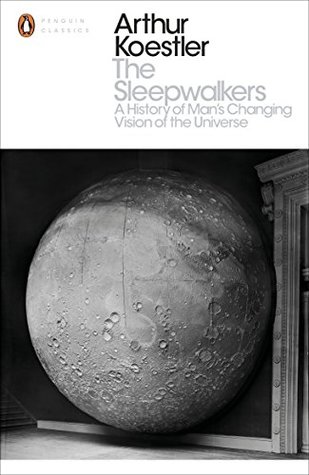Plato is equally hostile to the Pythagoreans’ first and favourite branch of science. ‘The teachers of harmony,’ he lets Socrates complain, ‘compare the sounds and consonances which are heard only, and their labour, like that of the astronomers, is vain’.3 None of this was probably meant to be taken quite literally, but it was – by that extremist school of Neoplatonism which dominated Western philosophy for several centuries, and stifled all progress in science – until, in fact, Aristotle was rediscovered and interest in nature revived.
Welcome back. Just a moment while we sign you in to your Goodreads account.


